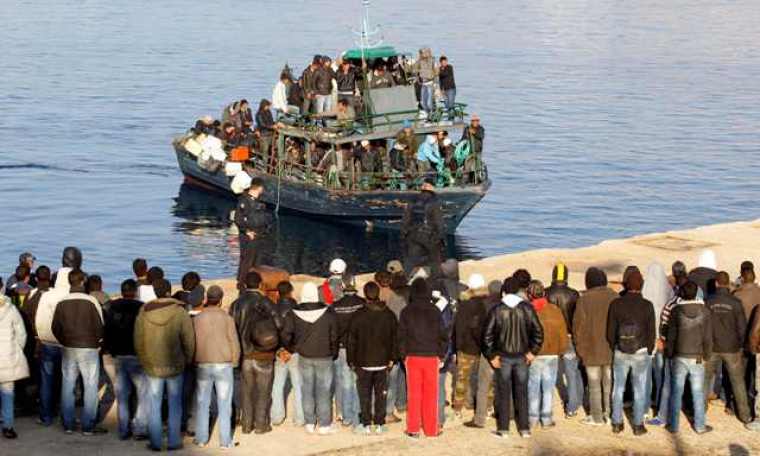

In the lead-up to International Migrants Day, held every year on Dec 18 since 2000, the head of the International Organisation for Migration (IOM) has drawn attention to the increasing death toll for migrants who attempt to secure a better quality of life by crossing borders. Director General William Lacy Swing has called for "urgent action" and the implementation of measures to prevent human smugglers from exploiting vulnerable populations for considerable financial gain.
In consideration of the growing number of migrants throughout the world, the day was first announced by the United Nations (UN) on Dec 4, 2000. The 'International Convention on the Protection of the Rights of All Migrant Workers and Members of Their Families' was adopted on the same day by the UN General Assembly.
The migration issue was revisited by the UN in October 2013, when Member States adopted a Declaration to acknowledge:
- the valuable contributions of migrants
- greater co-operation in regard to migration
- safe migration practices
- the human rights of migrants
- international labour standards for the protection of migrant workers
- the need to eliminate racism and intolerance
- the importance of improving public views of migrants and migration.
However, only 46 of the 120 Member States have ratified the vital UN document.
Also in October 2013, Secretary-General Ban Ki-moon delivered an address to the General Assembly, in which he described international migration as "a powerful tool for reducing poverty and enhancing opportunity." In his message on migration, Mr Ki-moon focused upon human rights, and encouraged future action from both governments and citizens to address xenophobia.
This year's International Migration Day is a timely occasion, as the UNHCR Regional Office for South-East Asia published a detailed report on Friday, in which it reported an estimate of around 54,000 people who boarded boats in the region in 2014, and 540 deaths at sea from starvation, dehydration or violence. Also, under the Coalition, the Australian government will reduce its foreign aid budget by the largest amount in Australian history—A$3.7 billion over the next four years.
In Tuesday's statement, Mr Swing included the three priorities that the IOM is promoting to protect migrants and bring the death toll down: the preservation of migrant lives is the first priority, and he proclaimed, "All States have the international obligation to save the lives of those seeking help."; secondly, the need to tackle the underlying causes of irregular migration; and, third, the development and maintenance of partnerships to produce sufficient results.
In terms of people smugglers, Mr Swing urges governments to de-criminalize irregular migrants, as they would then be able to report smugglers and even help authorities deal with trans-national organised crime. However, with the amount of money at stake—the UNHCR report estimates that revenue from smuggling since 2012 is approximately US$250 million (A$301 million)—the IOM's recommendations cannot be implemented in a straightforward manner.
With nearly 5,000 migrant deaths during transit this year, 2014 is the year with the highest death toll in history. On Thursday, numerous organisations around the globe, including Amnesty International and The National Network for Immigrants and Refugee Rights, will join IMO in raising public awareness and shining a light on the refugee experience. For Rosa Freedman, Senior Lecturer at the University of Birmingham, though, International Migrants Day needs to involve a direct dialogue with our governments, as "We must ask why our governments are still cowardly or callous enough to leave such vulnerable people without the protections they desperately need – and to which they are entitled as humans."